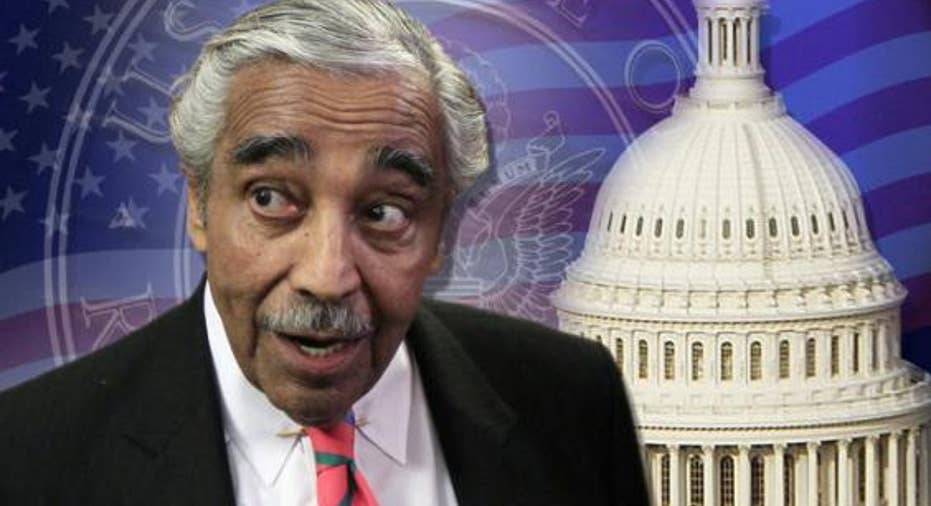Rangel: Southern Areas Have Cultures That We Have To Overcome

Nothing gets under my skin faster than a New Yorker calling out the South, and that's exactly what happened recently.
In a T.V. interview, New York Congressman Charlie Rangel told the host other states should adopt gun laws exactly like the one passed in the state of New York... alas, he says, they probably won't.
Oh right, I forgot, the South is still a backwater to New York. The region languishes in a post-antebellum haze of poverty and backwardness.
In truth, the South has benefitted from long-term strategies of keeping out unions and attracting more companies to relocate from the rustbelt as well as overseas. Boeing recently built a plant in South Carolina. Lenovo is building a laptop factory, not in New York or New Jersey, but North Carolina.
It's not serendipity that caused companies to move. Strong economic policies, including right to work legislation and low taxes, has built Texas into a juggernaut. When Governor Rick Perry was running for President he could claim, rightly, that his state had created more than a third of all the jobs created in the entire country since the recovery began in 2009.
Not New York or Connecticut, but Texas. The Lone Star state's unemployment rate of 6.1% handily beats out the nation. Then there's Louisiana and Virginia at 5.5%, Oklahoma at 5.1%. New Yorkers? 8.2 % and New Jersey at 9.6%.
In the metrics that matter, the South is kicking New York's butt.
Is the culture different? Yes it is! Thank goodness. But I thought that's what Liberals celebrated? Diversity.
I guess I shouldn't be getting so upset about Rangel. After all, he's had his problems.
The 40-year Congressman was censured by the House two years ago after facing charges of 17 years of unpaid taxes on a property in the Dominican Republic, and more than $500,000 in undisclosed public assets. He was investigated for raising millions from companies with business before the committee he chaired. By the way, it's not all bad. Rangel won a Purple Heart and a bronze star for his service in the Korean War.
Despite the censure and the tax embarrassment, he's still in office. Voters keep returning him 40 years later.
What are the cultural implications of that? I’d say it’s a culture of corruption that needs to be overcome.



















